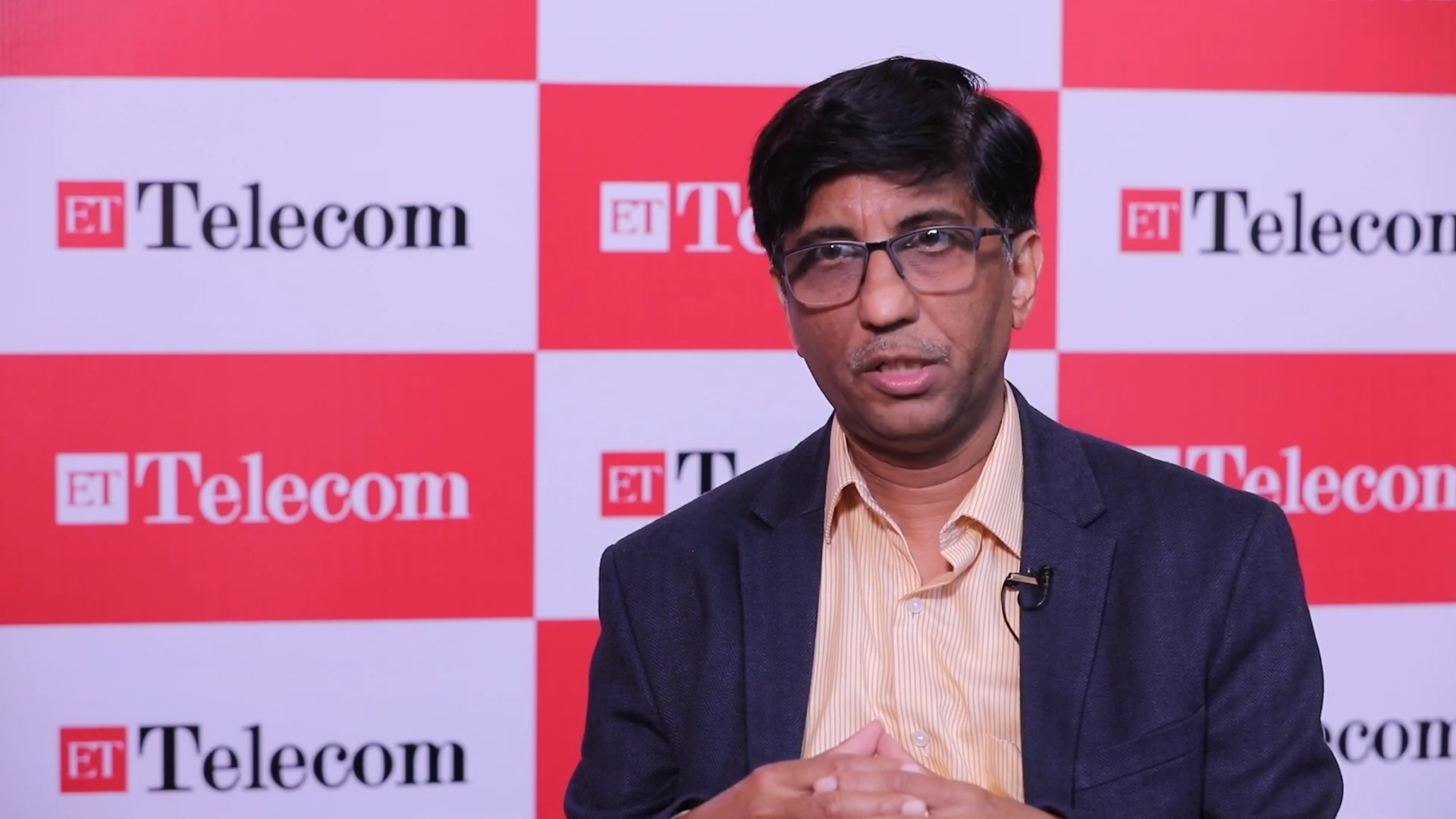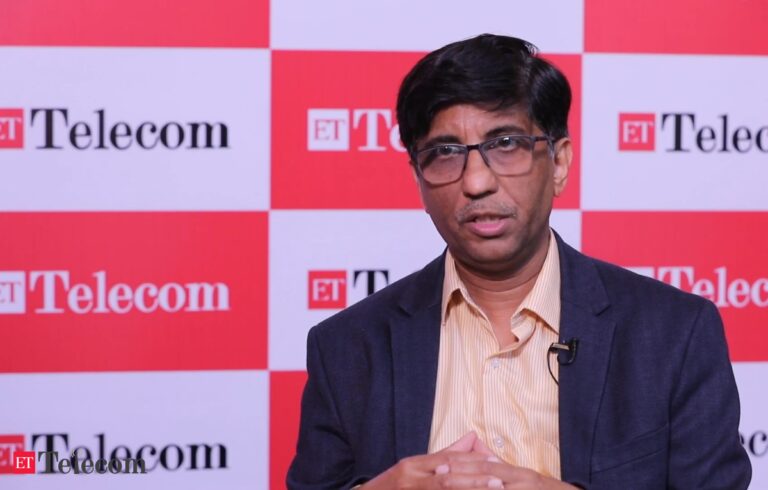
The 6G era will see a convergence of satellite connectivity, terrestrial network broadcasting and cellular mobile communications, said Abhay Karandikar, secretary of the Ministry of Science and Technology.
Speaking at ETSatcom’s ‘India Satcom Symposium 2024’, he said the global satellite communications (Satcom) market is growing significantly and in fact is growing at a CAGR of almost 13%.
As the broadband communications segment continues to grow in India, we will explore where satellite connectivity can be leveraged for various use cases relevant to our country. Karandikar said there is a demand for space broadband for various applications such as navigation, defence, internal security and coastal surveillance.
Opening up the space broadband field is expected to not only complement terrestrial networks, but also revolutionize industries such as broadband connectivity and navigation geotagging.
The new Telecommunications Law also paves the way for frequency allocation that will further revolutionize the satellite communications industry.
The Indian government approved the Indian Space Policy last year. “We expect this sector to see significant activity in a variety of areas, including research and development, industry-academia collaboration, domestic manufacturing, and foreign direct investment,” he said.
The government formulated the Indian Space Policy 2023 in 2023, allowing private LEO and Medium Earth Orbit (MEO) satellite constellation operators to launch broadband services from space in the country. India has attracted global companies such as Elon Musk’s Starlink, Amazon’s Project Kuiper, Canada’s Telesat and Bharti’s OneWeb.
India’s space economy is expected to grow from an annual revenue opportunity of about $1 billion to about $13 billion by 2025, according to EY estimates.
In India, satellite broadband communication services are touted as the best bet for connecting India’s unconnected people, especially those living in rural and remote areas.




